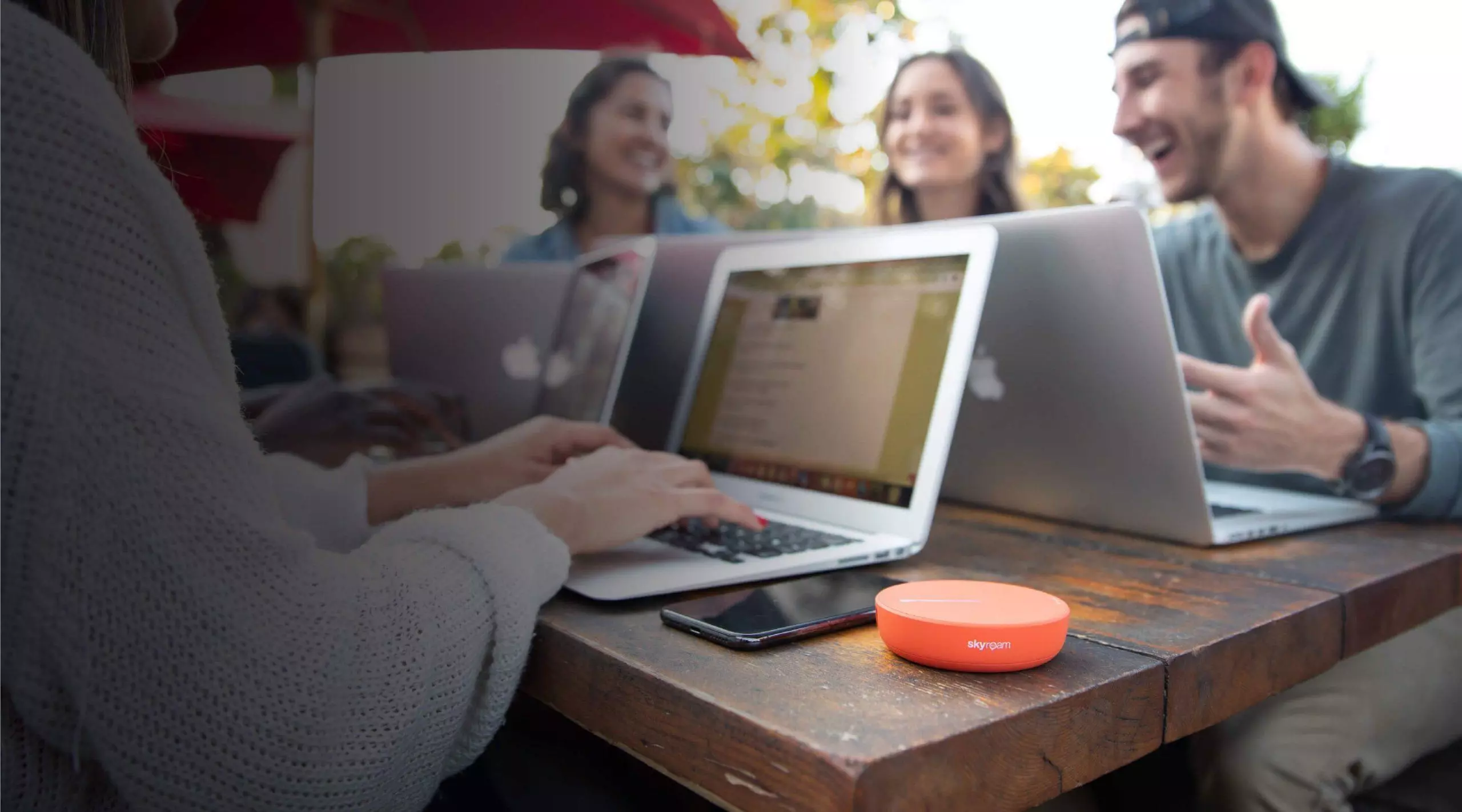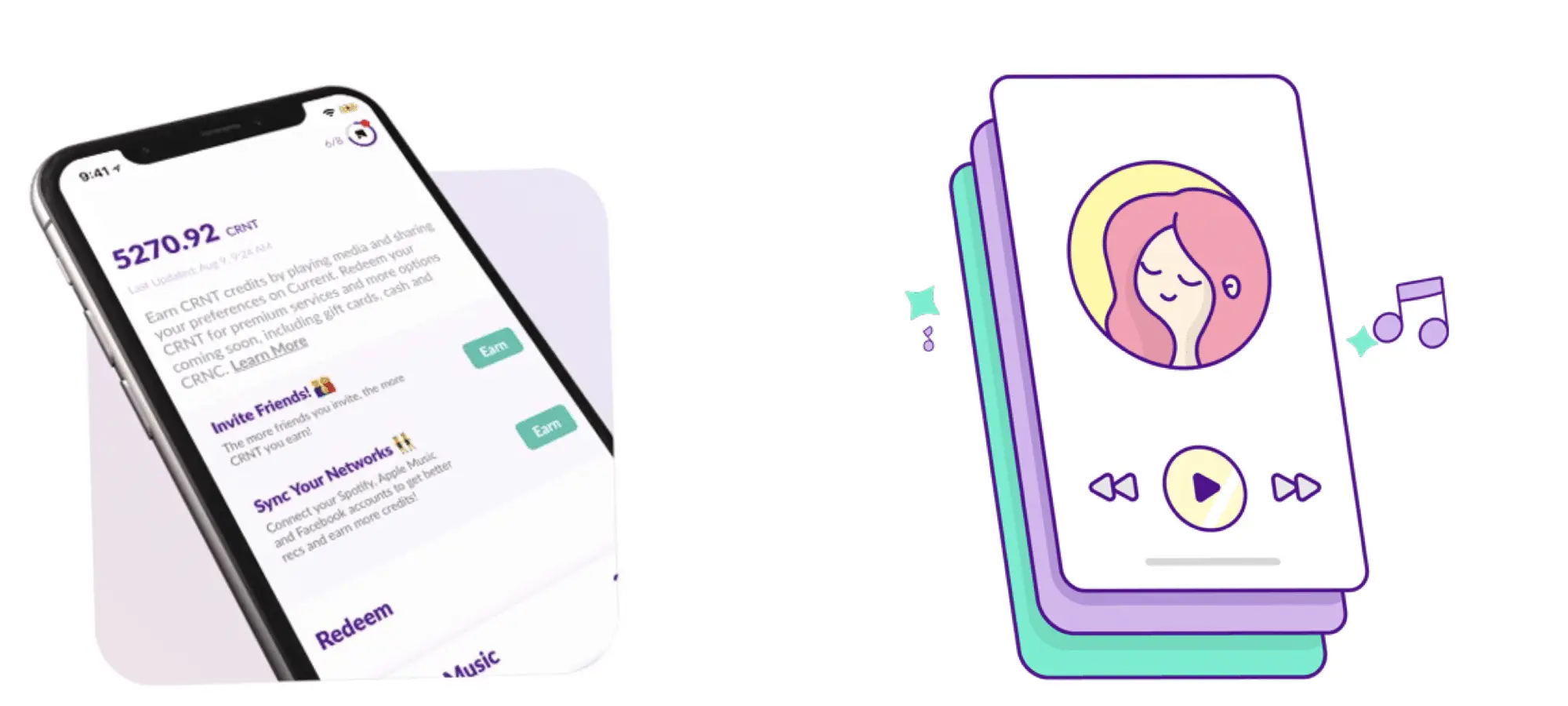
Money Milestones
#FinHealthMatters: The Biggest Financial Lessons I’ve Learned
Today, April 25th, is #FinHealthMatters Day. I was first introduced to this “holiday” last year when the Center For Financial Services Innovation brought it to my attention via a FinCon contest. Five-hundred, twenty-five thousand, six-hundred minutes later, I can honestly say I’ve learned a lot more about personal finance in just one year’s time. Moreover, as of late, I’ve also really been thinking about my role as a blogger and how I’m communicating the knowledge I’m gaining to others.
With that, in honor of #FinHealthMatters Day, I wanted to reflect on a few of the biggest lesson I’ve learned in recent years and why I think each is so important for everyone to know about:

Having an Emergency Fund Matters
Given the oft-cited stats about how few Americans can cover an unexpected expense, it’s no wonder that emergency funds have been one of the most popular personal finance topics in my time as a blogger. In fact, it was among the first “money milestone” posts I made. Not by coincidence, it was also one of the largest financial priorities my wife and I set for ourselves.
Even before I had my “financial awakening,” I realized the importance of having a buffer in my bank account. After years of overdraft fees, somehow it was making less money that taught me how to manage my funds better. However, while my wife and I were living in Los Angeles, it became clear that one bump in the financial road could easily cause us to wipeout. Hence our move to Springfield, Missouri, where our dollar would go further and we could start building up savings.
While the term “emergency fund” is 100% accurate, there are other ways to think about having such savings on hand as well. Whether you prefer the profane fun of an “F*** Off Fund” or the more chaste but still empowering “Freedom Fund,” the truth is that having a war chest of accessible money can provide you an opportunity. Whether that means quitting your current job in pursuit of a new passion, packing up and moving to a new locale, or taking time to travel the world, having an “emergency fund” gives you options while also protecting you from the unexpected.
Setting Goals Matters
Let’s face it: you’re not going to win the lottery. That means that, if you want to make changes to your finances, you’re probably going to have to devote both time and effort into making them stick. For example, building what I’ll stick to calling a “Freedom Fund” took us several months of saving — not to mention the constant reminders to ourselves to set that money aside. On the surface, setting these goals this may sound like homework but, as I’ve discovered, it’s actually a great way to stay focused and can help ease anxiety you may have about financial matters.
It should also be mentioned that not all financial goals need to be boring. In fact, one recurring money goal we’re maintained in recent years has involved travel. By budgeting out a trip ahead of time and building up our travel fund goal, we’ve been able to pack our bags while leaving our financial fears behind, knowing that we’ve covered our bills. Having these specific, measurable, and — most importantly — attainable goals in mind has made our road to financial health far less bumpy.
Prioritizing Your Spending Matters
Going hand in hand with setting money goals for yourself is the idea that you can prioritize your spending to meet your needs. As a blogger far smarter than I once said, “you can afford anything, just not everything.” I subscribe to that mantra whole-heartedly and believe it be one of the biggest aspects of personal finance that people misunderstand.
When the general public thinks of frugality, they likely see it as a starvation of fun and splurging. Yet, in reality, the idea behind being thrifty is simply knowing where you can save money on things you don’t care about so that you can funnel those funds to those things you do care about. Look, you’ll never see my purchase a $60 t-shirt or $150 jeans, but there’s a strong to guaranteed chance you’ll spot me at my local Starbucks sipping a $6 latte on a Saturday. Sure I could save money by skipping that drink or making coffee at home, but my wife and I enjoy our “Sip and Stroll” weekends, so we make it a part of our budget. To me, understanding that such trade-offs are possible is the key to unlocking people’s minds and getting them to better appreciate good personal finance habits.
Investing Matters
As I fell down the rabbit hole of personal finance, I found myself becoming all but obsessed with earning interest on my money. This mostly meant chasing higher APYs from various bank accounts. While that’s definitely been helpful in my quest to put my money to work, sadly even the highest-paying savings account is still in danger of underperforming inflation. That’s why I’ve been trying to learn as much as I can about investing.
For what it’s worth, my first major investment (buying stock in The Walt Disney Company via Robinhood) is looking pretty smart these days. And yet, I still haven’t expanded my portfolio much beyond a few other random stocks and ETFs I’ve purchased. The good news is that I’m getting a lot closer as my wife and I are narrowing down our options. Thankfully, we’ve also had a friend going through the same situation, allowing us to bounce ideas off each other and share some of the knowledge we’ve each found — which brings me to my final point.
 Talking About Financial Health Matters
Talking About Financial Health Matters
So if all of these financial health factors are so important, why don’t most people know about them? Perhaps that’s because few are willing to talk about money openly, whether because they don’t want to be rude or because they’re downright scared of the topic. Personally, I think it’s high time to change that.
Not too long ago, I shared how I had started casually conversing about various money matters with a couple of friends of ours. Opening the door to these topics has been impactful all around as we’ve been able to compare notes, share advice, and keep each other motivated to meet our goals. Given this experience, imagine what could happen if these types of conversations happened between all kinds of people on a daily basis — suddenly, talking finance might not seem so scary after all.
To be sure, just discussing finance isn’t going to suddenly turn someone’s situation around and allow them to make ends meet. Similarly, as I’ve recently noted, it can be difficult to walk the line between sharing helpful advice and casting condescending judgment. Nevertheless, #FinHealthMatters too much to not at least try to start a dialogue and hopefully help these money tenants reach a wider audience.
Just in case it wasn’t clear, financial health does matter. That’s why I’m thankful that I’ve already learned as much as I have over the past few years of writing about money. Now more than ever, I truly appreciate the position I’m in to talk about these topics and I sincerely hope that, by sharing my personal experiences, I can get others to think about their finances in a different way as well. Happy #FinHealthMatters Day!
Leave a Reply
You must be logged in to post a comment.





I’m an April birthday who always thought of myself as poetry month… but I’m waking up to the fact that it’s financial literacy month too apparently!
I like all of these points you made. I especially agree with the emergency fund part and the investing part. We’ve used our emergency fund a couple of times now and smoothly gone through events that would have been a BIG PAIN otherwise. Also, I need to learn more about investing, but I’m glad I started without the need to have “perfect” understanding.
Thankfully we haven’t had to use our emergency fund yet but just knowing it’s there is such a relief. Only thing I regret is that I wasn’t better with such things much younger!